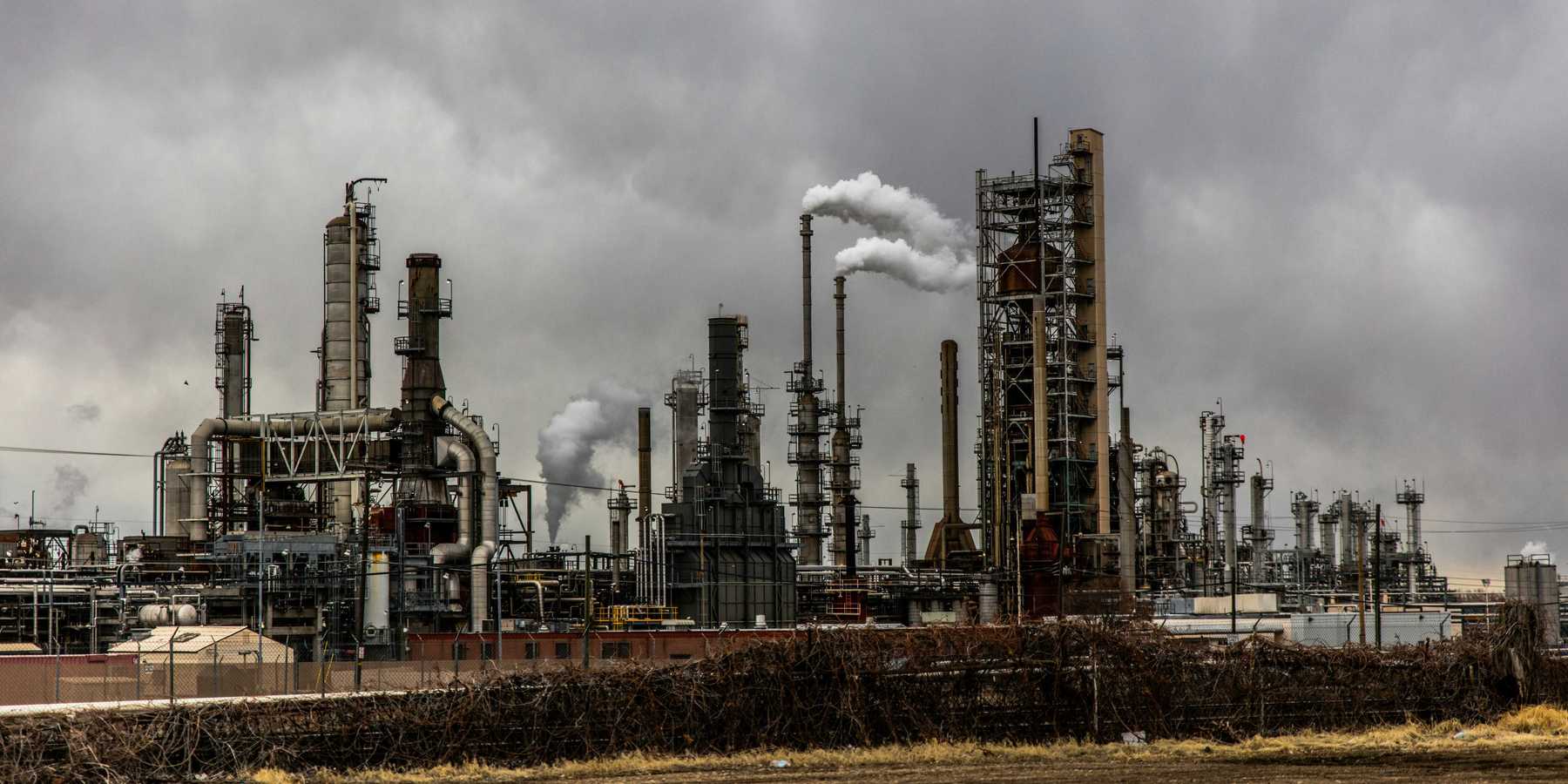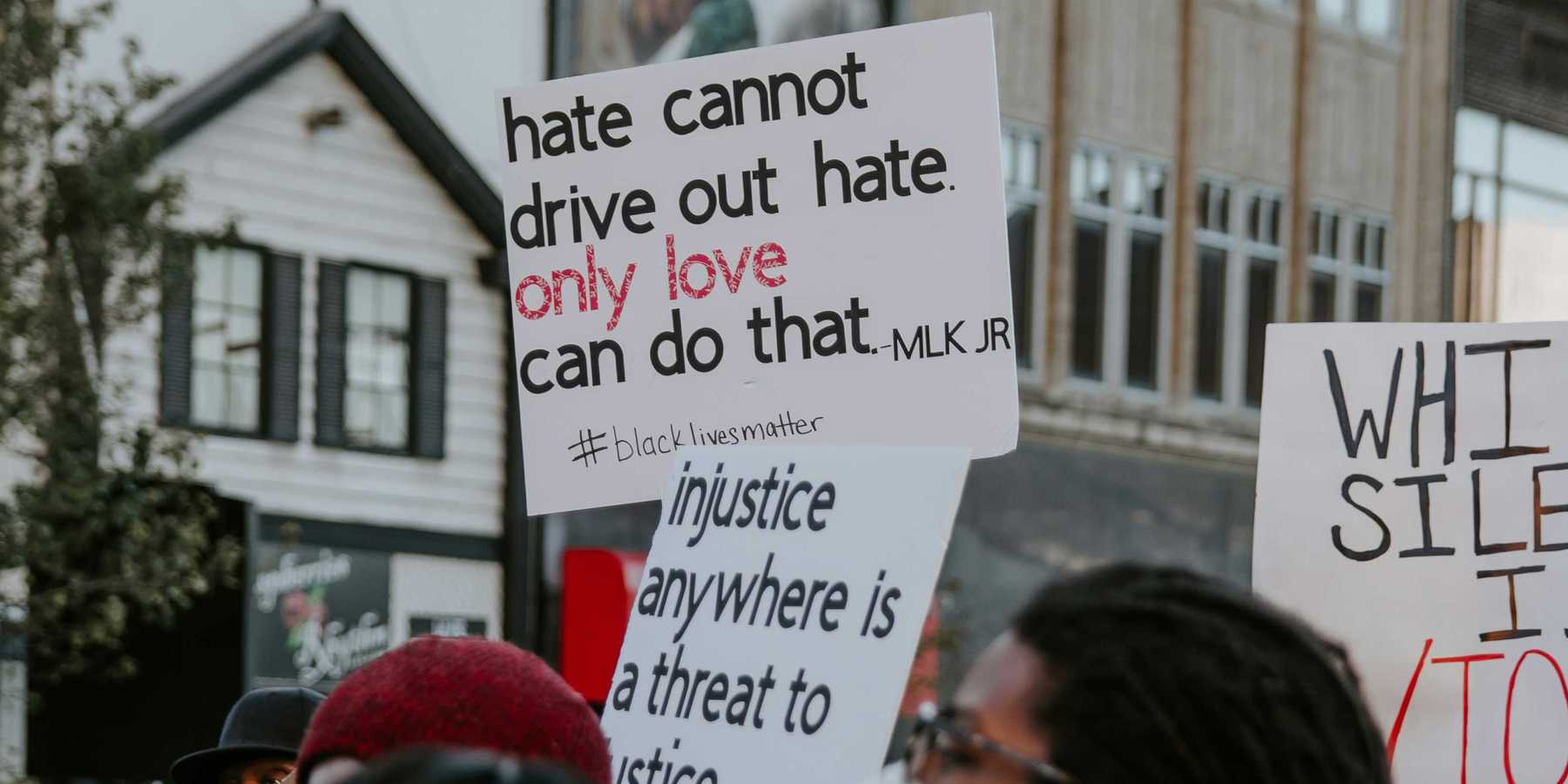Trump administration freezes clean energy grants for rural farmers, hitting GOP districts hardest
Farmers and rural businesses across Republican-led districts face financial uncertainty as the Trump administration halts funding from a federal rural clean energy program.
Kari Lydersen reports for Canary Media.
In short:
- The Rural Energy for America Program (REAP) has delivered over $1.2 billion since 2014 to help farmers and small rural businesses adopt clean energy, with most funding going to solar and energy efficiency projects.
- More than 75% of REAP grants went to Republican congressional districts, yet recent freezes and changes under the Trump administration have disrupted the program’s operations and cast doubt on future payouts.
- The 2022 Inflation Reduction Act temporarily expanded REAP, but new policy directions suggest fewer grants will be approved for solar projects, especially those on productive farmland.
Key quote:
“When the REAP grant came through, that was a blessing, the frosting on the cake.”
— Carmen Fernholz, Minnesota farmer
Why this matters:
Federal support for clean energy in rural areas has long helped farmers cut operating costs and diversify income — especially through solar installations that reduce utility bills and provide extra revenue. As agriculture faces mounting challenges from climate change, volatile markets, and development pressure, programs like REAP offer financial stability and promote sustainable practices. Pausing or narrowing this support risks derailing a quiet, bipartisan shift toward cleaner energy in places that don’t always embrace climate action. It also threatens thousands of jobs tied to solar development and energy efficiency services in rural America.
Learn more: Red states face steep rise in energy bills as renewable tax cuts take effect













